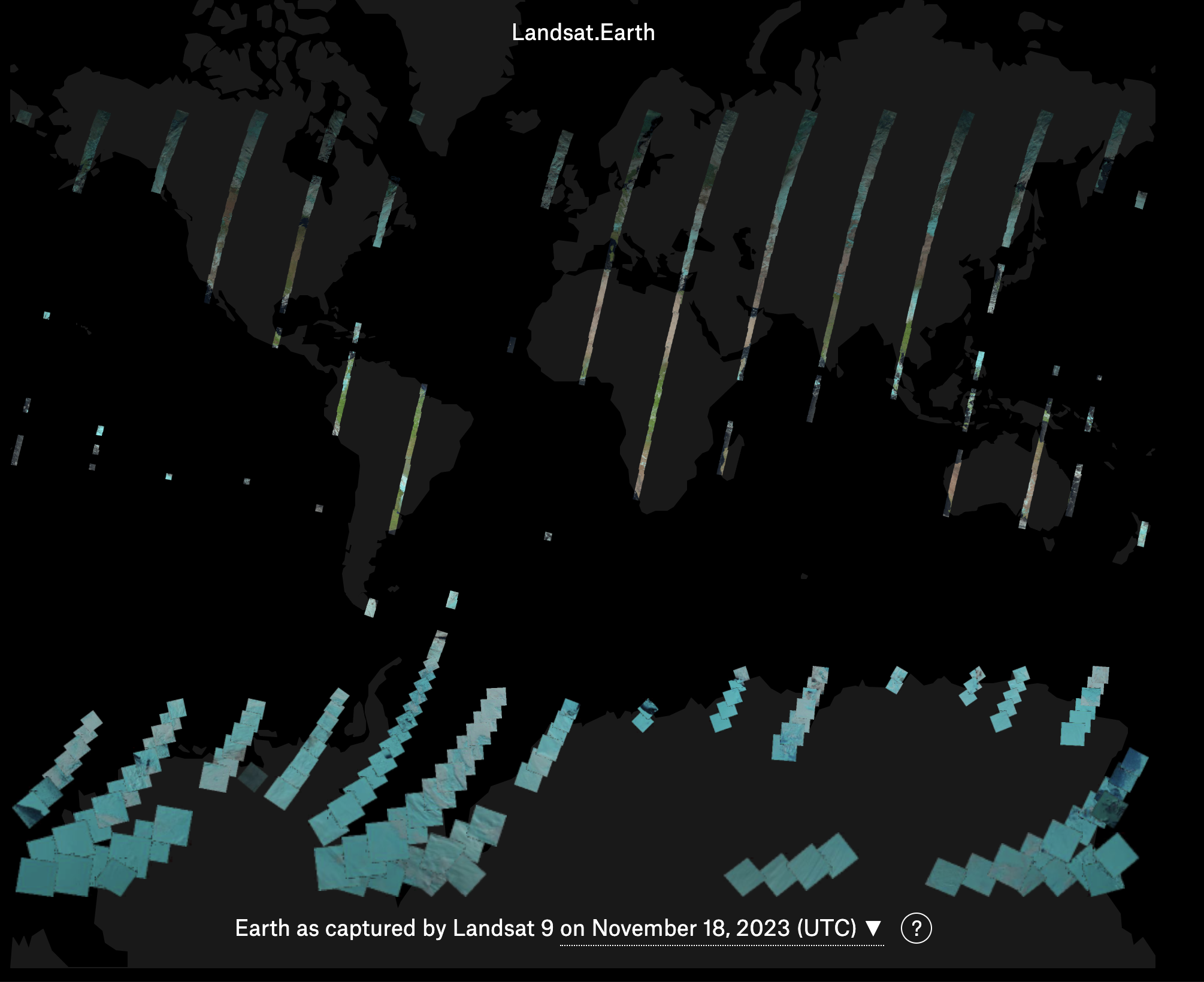- Published on
Share back what you built with open source and open data maintainers
API.nasa.gov: NASA's beginner friendly API with a single front-door
Going through my non-work GitHub notifications this evening and saw that this issue on https://github.com/nasa/api-docs got a new post.
This was a project I worked circa 2018-2020 when I was a contractor for NASA. https://api.nasa.gov/ is a front-door for easy to use NASA APIs. Unlike https://data.nasa.gov which attempts to capture everything, https://api.nasa.gov/ is curated set of APIs for developer community, especially new developers who need practice data to work with.
The issue asked for people to share what they built with the API. These APIs get a lot of use, but we only knew the tiniest sliver of what people did with them, which was problematic when decisions needed to be made about resourcing and examples need of how the public was benefiting from maintaining the site.
The creation of this issue was a quick, near zero time away to source a few examples of what people
did with api.nasa.gov. As it was an issue on the repository that builds the front-end site, only a fraction
of users every saw it.
We did some other things as well, but
I love this (despite very few of the users ever seeing or responding to this issue)
as I still watch that issue years later and
occassionally get delighted by surprise updates like this one.
Landsat.Earth
As shared in that issue, @shaheertarar created a little single page application called Landsat.Earth. It is described as "a portrait of the earth (and Landsat's collection pattern) using all the images captured by Landsat 9 over 24 hours. Updates once a day." As you hover over each color image, the image expands into a a bigger view and you get to see exactly when it was shot. The curved lines represents the path of the satellite as it orbits the earth in the last 24 hours.

Many different people have created similar projects, but this one's user interface and visuals capture a bit of the awe involved with space-based imagery that I really like. Also, it was a nice surprise to see someone using the API in a new way even if I haven't worked the related infrastructure in a few years.
Wish for code and data sharing infrastructure to do a better job at bidirectional sharing
Code repositories and open data catalogs are often one-way streets. Content is free with no mechanism to gate access, so there's no one "watching the door" or asking you your plans. Unfortunately, this means there's no way to know what people do with that open data or codes. At most they have a few examples of what people do with the data that they know about through some other connection. Maybe they have page traffic or download data. These are nice, but the story potential is less powerful than looking at the actual things people build with the data. Those stories can sometimes to be more compelling than page stats alone.
This is a common missed opportunity to better understand users and collect information on real-world impact. It also can be a pathway to give users many examples of how to use the data or code with little effort.
Free doesn't mean usage has to be invisible!
For users
So if you use open data, open source code, or open APIs, share what you build with those that you built upon. It can help the "powers that be" understand the value of the open ecosystem and help you get more resources. It can also just inspire little moments of joy.
For maintainers
And if you operate one of those things, consider making it easy for people to share what they build with you. Even if it doesn't get used much, it can inspire other users or help give them a path to get started.
Post Script
A GitHub issue is not the best way to do this as very few of your users will ever see it, but it is very low effort to capture at least a few examples.
If your API, data, or code has strings that are specific to how developers use it, like "api.nasa.gov", the new GitHub code search is an awesome way to find public code repositories that leverage your open resource. https://github.com/search?q=api.nasa.gov&type=code&ref=advsearch